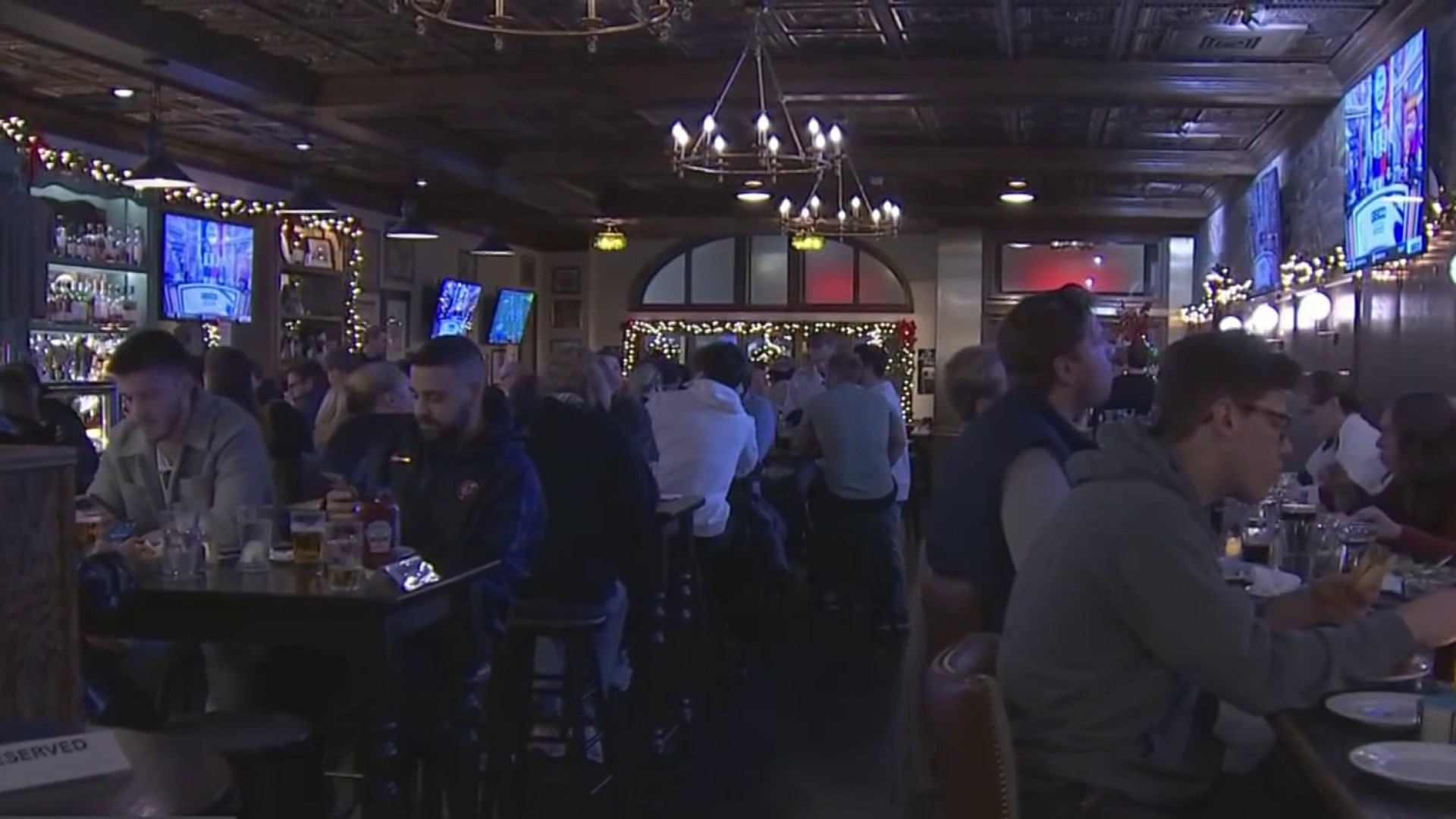The agency that regulates the cruise industry released new guidance on how cruise lines should handle canceled trips and refunds.
At the height of the pandemic, News4 received many complaints from passengers who couldn’t get their money back from cruises even when companies were the ones canceling the voyage. Almost every cruise line has its own cancelation and refund policy, but that’s about to change.
Joshua Smith was ready to take a cruise in the Caribbean in March 2020.
“Everything was in place, but then as we got closer in that February timeframe when COVID-19 really started to ramp up, we really became leery,” he said.
We've got the news you need to know to start your day. Sign up for the First & 4Most morning newsletter — delivered to your inbox daily. Sign up here.
With elderly grandparents in the mix, Smith says he awaited guidance from Norwegian Cruise Lines, which came two weeks before their trip: a “peace of mind” offer.
“They were offering a 100% cruise credit for anyone who did not want to go on the cruise,” Smith said.
A “peace of mind” credit, but not a cash refund of their $5,200.
Local
Washington, D.C., Maryland and Virginia local news, events and information
It was the only offer on the table, so Smith took it.
Just a week later, three different words from the federal government changed the cruising landscape: a "no sail order" from the Centers for Disease Control and Prevention.
That prompted cruise lines, including Norwegian, to pony up a new and improved offer: a full cash refund or 125% future credit.
But not for Smith's family.
“She indicated that we had already took the previous policy and we were not eligible for this one,” he said.
“We were extremely frustrated, I mean, especially for like my grandmother and my mother,” Smith said. “It’s a fairly large expenditure for them, so we felt like we were kind of being held hostage there.”
After COVID-19 affected every aspect of life last year, questions were raised about passengers’ rights when it comes to refunds for cruise lines that must cancel trips. So many questions were raised, it got the attention of federal regulators.
During the do-not-sail directive, the Federal Maritime Commission (FMC) -- an independent agency tasked with regulating U.S. and international waters -- launched an inquiry to determine whether stricter regulations were needed to protect cruising consumers and determined clearer guidance was needed.
The FMC came up with proposed rules laying out when a refund is due and how long companies have to issue them.
If a sailing is canceled or boarding is delayed by three or more calendar days for any reason besides a government order, a full refund must be paid within 60 days.
If a sailing is delayed or canceled by a government order, a full refund must be paid within 180 days.
After NBC4 Responds contacted Norwegian Cruise Lines, Smith’s family received a full refund. The company didn’t respond to a request for comment.
Some trade groups representing cruise line companies are pushing back on the proposed new guidelines, saying the FMC needs congressional approval.
Federal regulators say if the new rules are approved, they will go into effect late this year or early next year.



